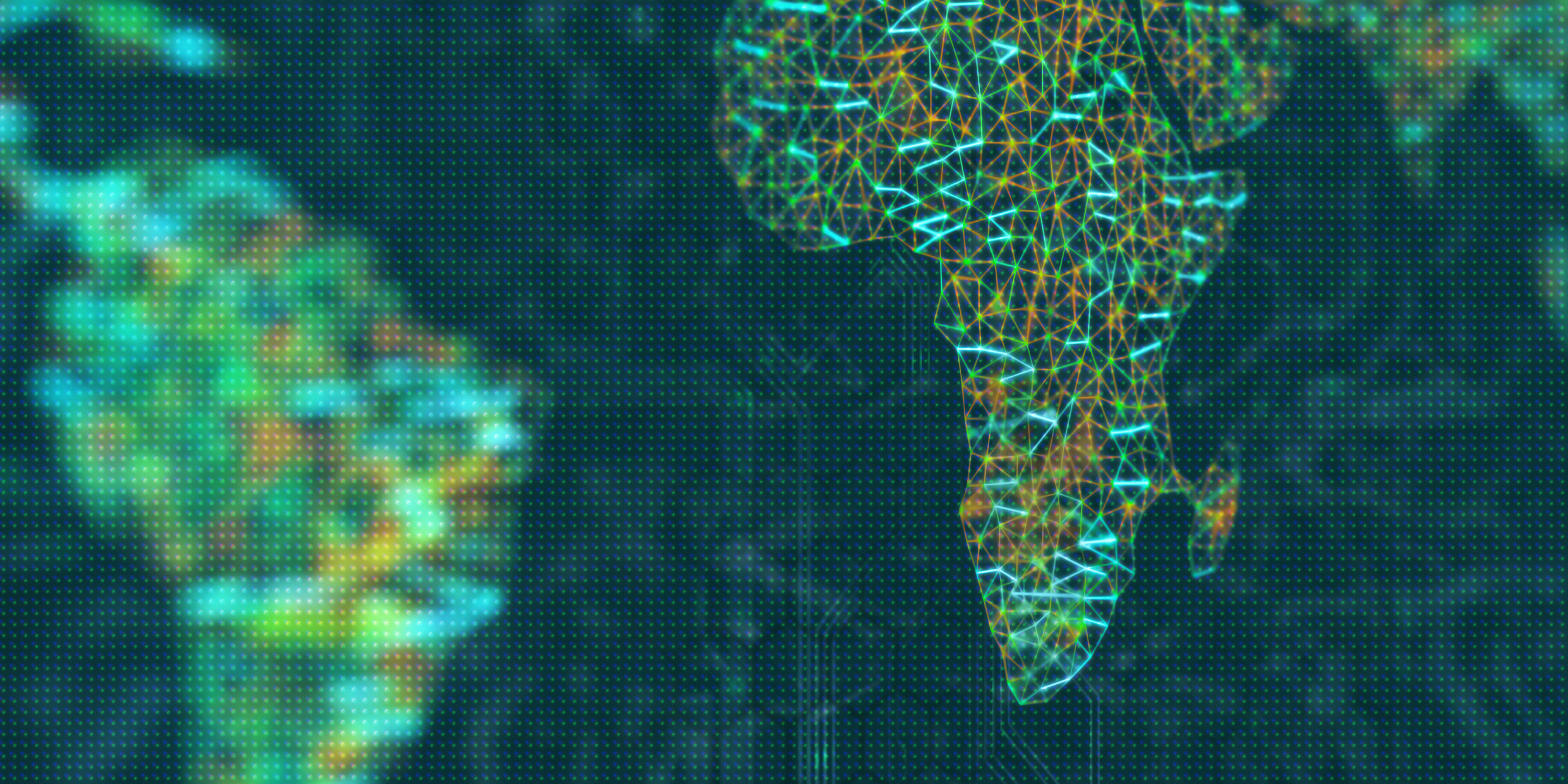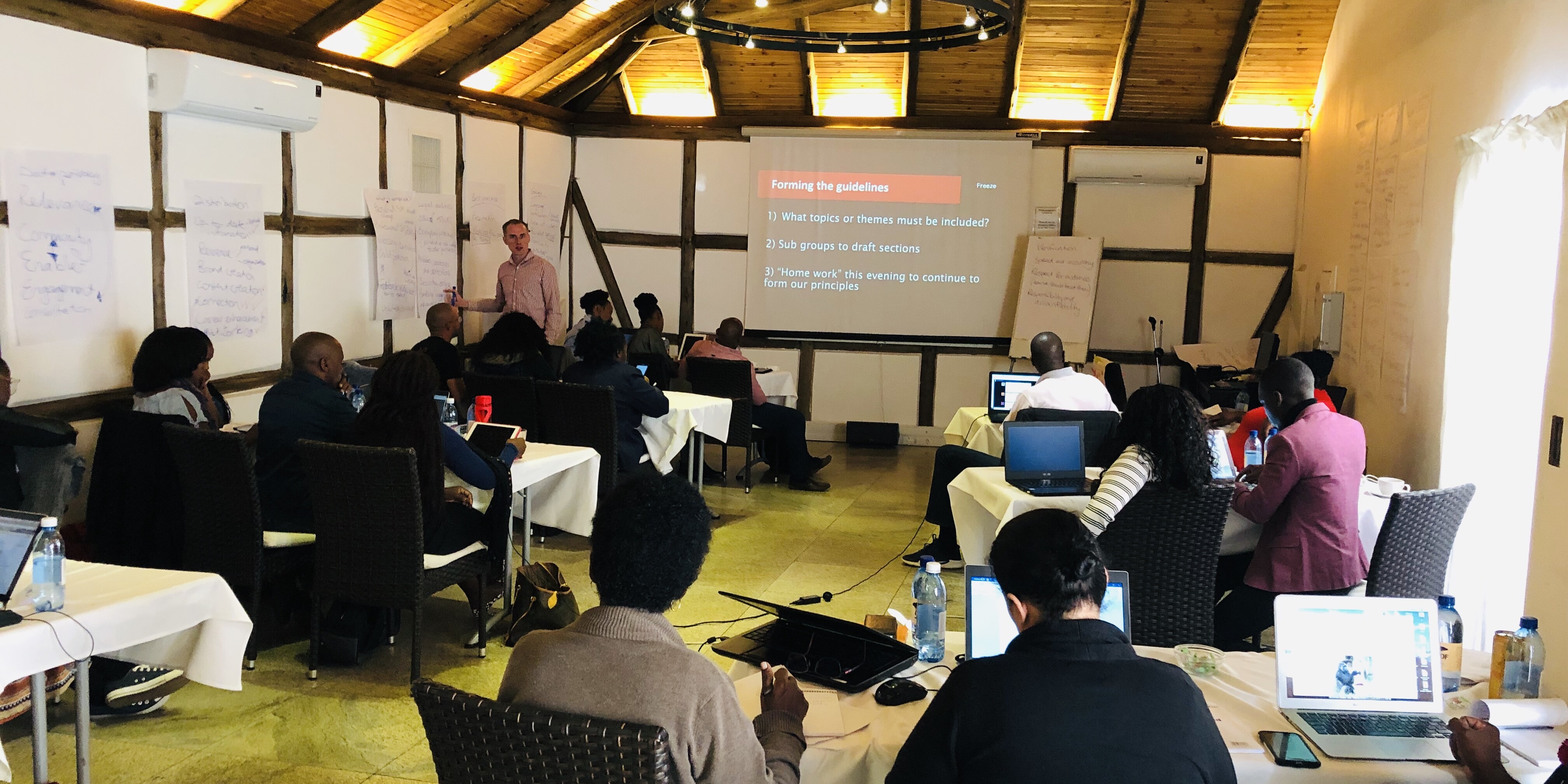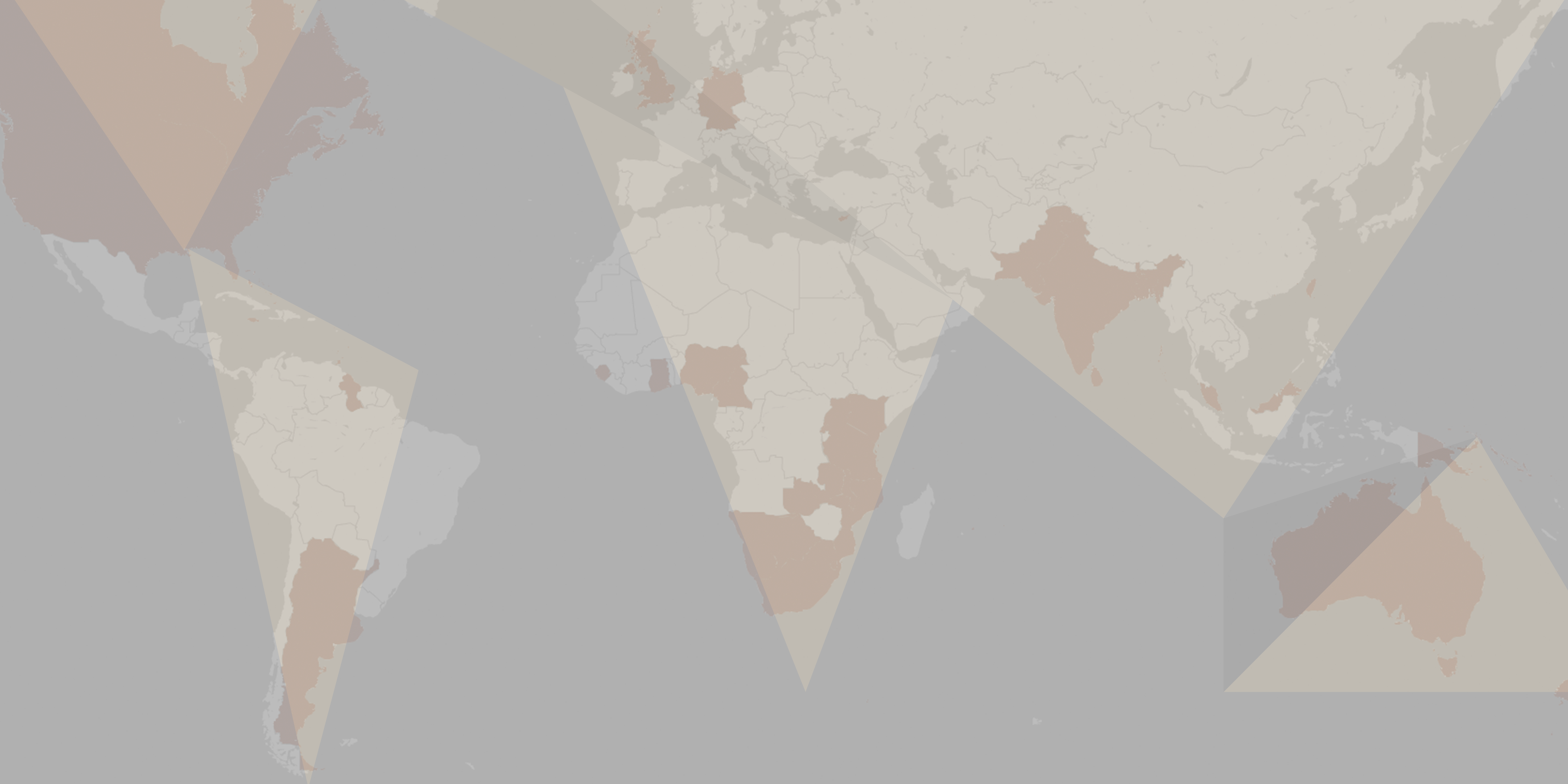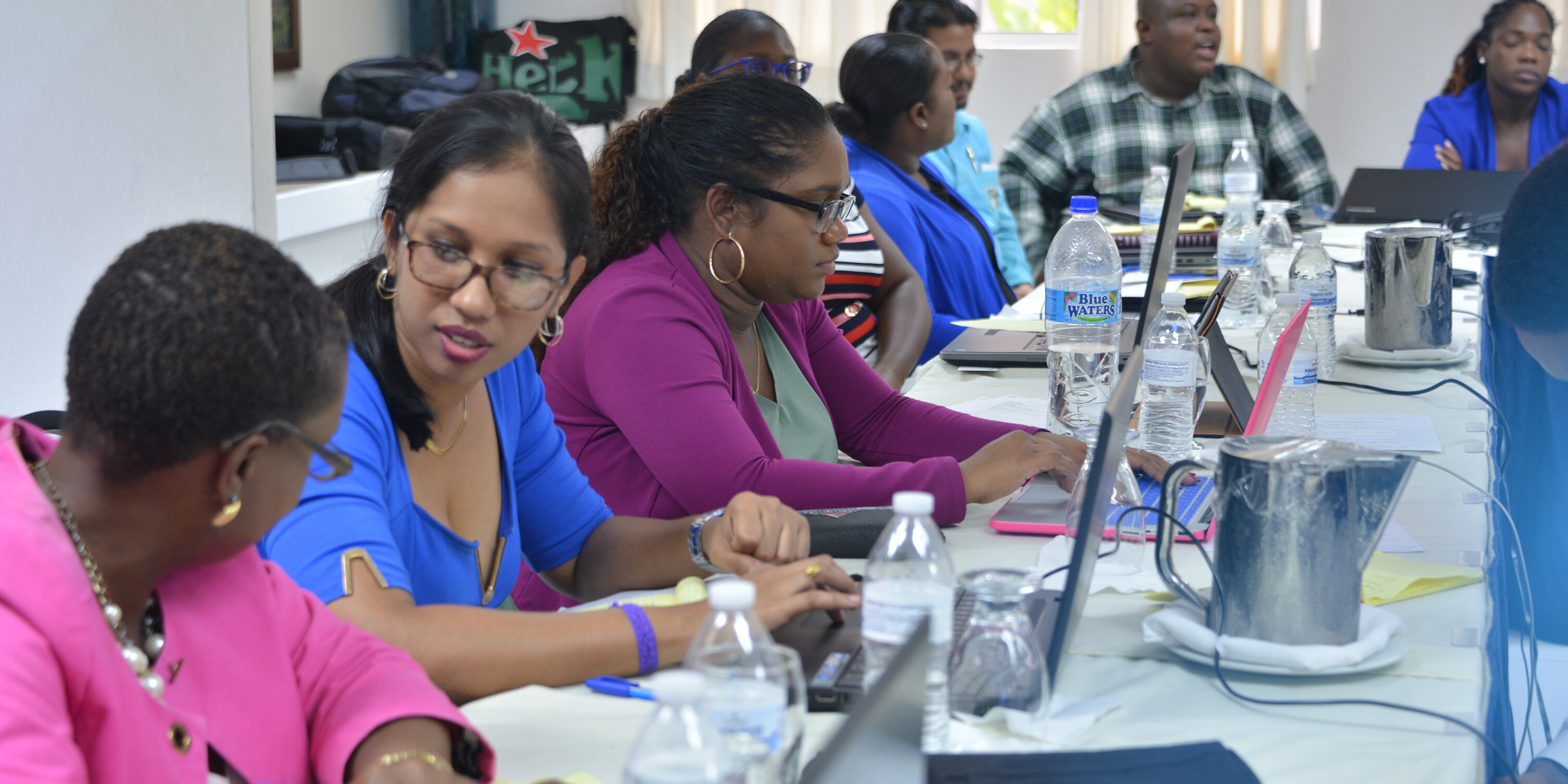Project
What?
The PMA project – aimed at journalists and media professionals from Southern Africa – was implemented as a workshop. The project sought to collaboratively establish guidelines to strengthen the role of social media and its positive uses within newsrooms and media organisations. Organised in partnership with UNESCO Harare, the 3-day workshop was held in Namibia and was open to media professionals from the following countries: Botswana, Lesotho, Namibia, South Africa, Seychelles, and Mozambique.
Over the three-day workshop, participants discussed and created detailed guidelines for best practices in social media use, including how best to deal with issues surrounding so-called “fake news”, hate speech, and other dangerous expressions. The guidelines were developed collaboratively, drawing on participants’ experience and regional examples, and focused on all aspects of social media coverage, including language, significance and context as well as new apps/technology and accuracy and balance. The workshop was followed by a webinar that further elaborated on the guidelines.
Why?
While social media is frequently celebrated for its positive impacts, there are growing concerns that it can be an uncomfortable and even dangerous space. These difficult-to-regulate platforms have at times been used to perpetuate hate speech and, in extreme cases, to incite violence. Government clampdowns on social media, especially across the African continent, have been at the forefront of debates concerning freedom of expression and have sometimes led to arrests and imprisonment of citizens.
However, social media remains a useful and powerful journalistic tool, opening new ways of gathering and disseminating information, finding sources, getting opinions from the public, and establishing a relationship with audiences.
Newsrooms and individual media professionals alike need to think carefully about their input on social media, always considering what to write and how to write it, and to be as transparent as possible with the limit of their knowledge and with their audiences. It is also essential for broadcasters and media professionals, especially in times of emergencies, elections or other main events, to make sure that citizens are kept informed with accurate, relevant and verified information.
When?
This project ran in June 2019.
Latest updates
Social Media Guidelines | For media professionals & journalists in Southern Africa
7th October 2019
Read our latest guidelines developed collaboratively with journalists and media professionals from across Southern Africa.
Webinar | Social Media Guidelines for Journalists & Media Makers in Southern Africa
15th July 2019
Join us on 18 July for our live webinar on developing social media guidelines for journalists and media makers in Southern Africa.
Social media guidelines for Southern Africa to be published soon
7th June 2019
Social media guidelines for broadcasters across Southern Africa are being developed following a collaborative 3-day workshop organised by PMA and UNESCO in Namibia earlier this week.
Developing social media guidelines for broadcasters in Southern Africa
3rd June 2019
PMA and UNESCO’s latest workshop to develop social media guidelines for broadcasters in Southern Africa kicked off today.
PMA Workshop | Developing Social Media Guidelines for Broadcasters in Southern Africa
5th April 2019
Our new workshop seeks to collaboratively establish guidelines to strengthen the role of social media in the Southern Africa region.
Project reports
Social Media Guidelines | For media professionals & journalists in Southern Africa
2019
In June 2019, twenty-four journalists and media makers from the Southern African region (Botswana, Lesotho, Mozambique, Namibia, Seychelles, South Africa and Zimbabwe) gathered in Windhoek, Namibia, to strengthen the capacity of media in their region by creating and adopting a clear plan on the use of social media in news and broadcasting.
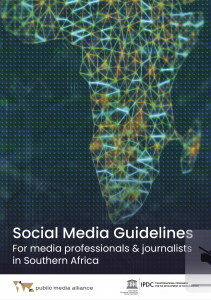
They worked collaboratively to develop these detailed, regionally relevant guidelines on aspects of social media coverage that they could use within their organisations. These guidelines were also produced to strengthen the role of the media in Southern Africa and promote the positive use of social media within newsrooms and media organisations.
These guidelines:
- Cover activities on a media organisation’s social media sites and external sites by journalists and employees of the organisation.
- Exist to ensure that your social media output is as good as it can be and does not do anyone any harm.
- Serve to protect employees as well as the organisations they work for to facilitate responsible journalism.
Download the Guidelines:
Project partners
This important project and guidelines was run by the Public Media Alliance with support and funding from UNESCO’s International Programme for the Development of Communication (IPDC), UNESCO Harare and UNESCO Namibia. Our thanks to the workshop trainers Emily-May Brown, Senior Lecturer at the Namibia University of Science and Technology (NUST) and Robert Freeman, trainer in social media and digital journalism at the BBC College of Journalism.


Featured image: Africa on planet Earth with country borders and trajectories representing international communication, travel, connections. 3D illustration. Elements of this image furnished by NASA. Credit: Harvepino / Shutterstock.com
Secondary image: PMA & UNESCO Social Media Guidelines Workshop in Windhoek, Namibia
